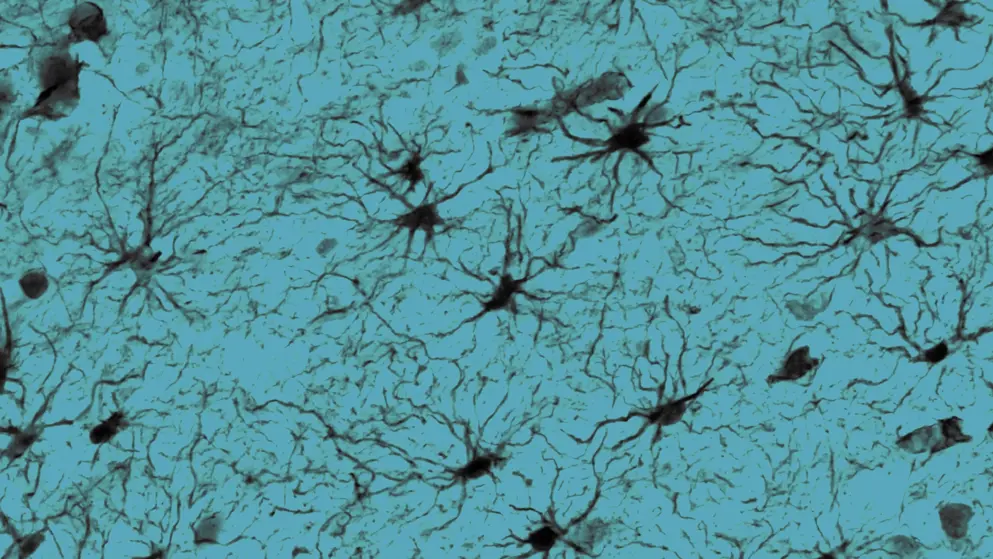
Epilepsy
Epilepsy is a chronic, noncommunicable brain disorder, characterized by recurrent, unprovoked seizures. These seizures result from sudden, excessive electrical discharges in specific brain regions. Depending on the origin and spread of these discharges, seizures may manifest as brief lapses of awareness, muscle jerks, or prolonged convulsions. Frequency varies widely, from rare episodes to multiple seizures per day.
How common is epilepsy globally?
Epilepsy affects approximately 50 million people worldwide, ranking it among the most prevalent neurological disorders. Nearly 80% of those affected live in low- and middle-income countries.
How is epilepsy diagnosed?
Diagnosing epilepsy can be complex. Common investigations include blood tests, electroencephalography (EEG), and neuroimaging such as MRI or CT scans. In selected cases, genetic or antibody testing may support diagnosis or guide treatment.
How does epilepsy impact quality of life?
Epilepsy can significantly affect individuals and their caregivers. Stigma, misunderstanding, and limited support often lead to social isolation, emotional distress, and discrimination. In children and adolescents, epilepsy may disrupt education and social development. Adults may face barriers to employment, driving, or independent living.
What treatment options are available?
Anti-seizure medications remain the first-line treatment and can help up to 70% of individuals achieve seizure control. For drug-resistant focal epilepsy, surgical intervention may be considered. Neuromodulation therapies – such as vagus nerve stimulation (VNS) or responsive neurostimulation (RNS) – offer alternatives for some patients. A ketogenic diet may be beneficial when medications and surgery are ineffective or unsuitable.
Developed by EPG Health for Medthority, independently of any sponsor.

